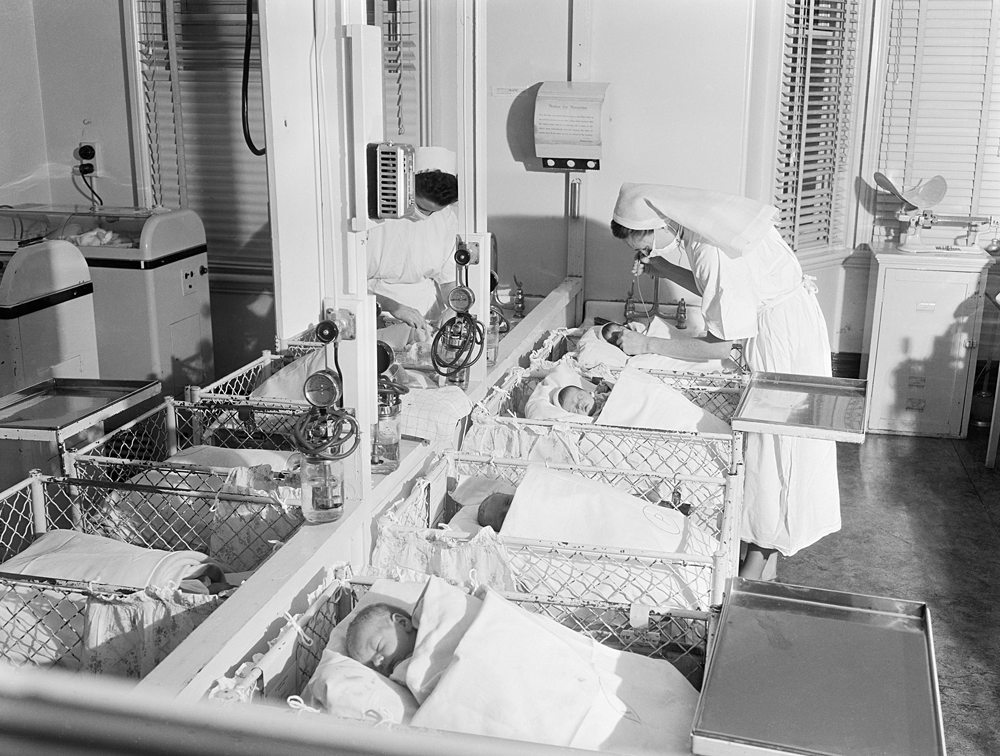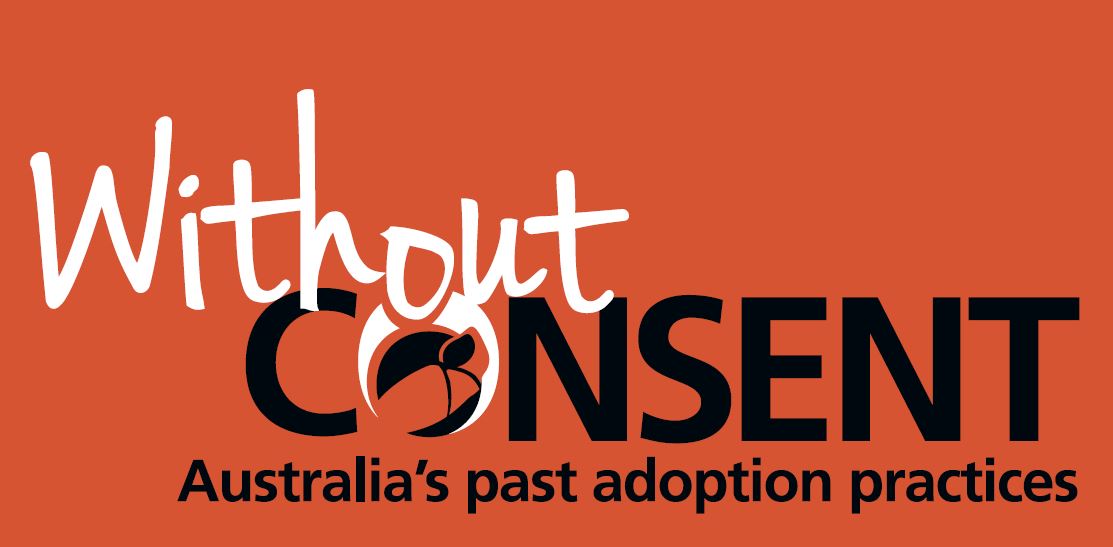Without Consent - Australia's Past Adoption Practices
Without Consent is on exhibition at the Museum of the Riverina's Historic Council Chambers site from 10 March – 24 June 2017.
Moving experiences of heartbreak and resilience, shared by people affected by Australia’s past adoption practices.
It is estimated that at least 150,000 adoptions took place in Australia from the 1950s to the 1970s. A significant number of them were forced adoptions. Many of the women who had their babies taken were unmarried and, because of the stigma attached to unmarried mothers at the time, were often forced to live a lie for decades. For some, it was a secret they took to their graves.
Without Consent: Australia's Past Adoption Practices was developed by the National Archives of Australia following former Prime Minister Julia Gillard’s national apology to those affected by forced adoptions. The exhibition aims to show the truth – that the babies taken for adoption were dearly loved and wanted by their parents.
One letter in the exhibition, from a mother to her son, read ‘I loved you so much it hurt, and I loved you much more than I loved myself; that was why I was prepared to sacrifice my happiness for yours’.
The exhibition is a tribute to the courage and generosity of those who volunteered to share their experiences and, in doing so, exposed this aspect of Australia’s history.
You can find out more at the Forced Adoptions History Project website, which was created by the National Archives of Australia to accompany the exhibition.
Without Consent is a national touring exhibition developed and presented by the National Archives of Australia.
Connections Meeting
Is adoption part of your family story? Why not come along to the Adoption Connections meeting at the Museum of the Riverina to find out the answers to questions you've always wanted to ask? Find out more here.

To prevent their mothers catching sight of them, babies were often taken straight to the hospital crèche like this one photographed in 1954.

